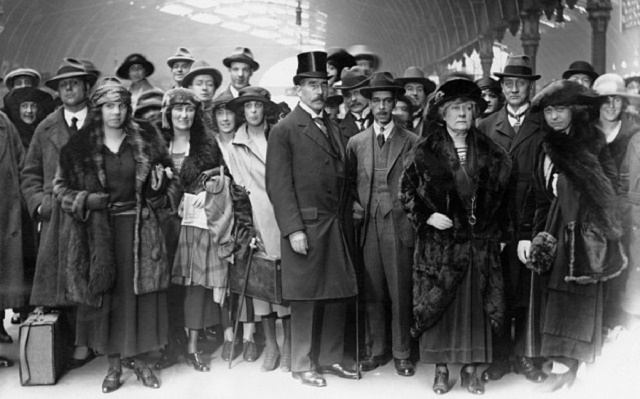The First World War, also known as the Great War, affected more or less everyone in the world. Even far from the battlefields, people found that supplies were growing thin as more and more had to be shipped to the soldiers. Many issues also arose as a result of the fact that armies were trying to cut off each other’s supply lines. Several everyday citizens wrote to the newspaper regarding the Great War, how it affected them, and what they were doing to help the war effort.
In fact, there were many citizens of the United Kingdom who felt that it was their duty to do whatever they could to help their soldiers survive the fray. Some letters were informational. For instance, there was one letter sent to the Daily Telegraph that suggested men who both felt the need to fight in the Great War as well as the need to play football should join the 2nd Sportsman’s Battalion Royal Fusiliers. This battalion contained a number of football players, and gave men a chance to serve in an infantry unit while still honing their athletic abilities when they had the chance to do so.
Other letters showed more of the type of emotion that one might expect, and that has been exhibited in correspondence letters that have surfaced ever since the centenary of the Great War began. Some were wrecked with the tragedy of having their sons or husbands march off to war. Others were guilty that they could not join the war effort themselves. Many felt these emotions, but also exhibited great pride in the men who were fighting for the Allies.
A number of letters showed a great level of charity. Lord Sutherland allowed the military to use Dunrobin Castle as a makeshift hospital. One woman, Jessica Borthwick, allowed wounded soldiers to be transported home in her yacht. To help those affected by the Great War, England’s cricket team started a charitable fund and asked people to donate the same amount they paid for admission to cricket matches. Many also donated supplies to the troops, from binoculars to cigarettes. They also donated basic necessities, such as warm clothes for the winter, The Telegraph reports.
War often brings out the worst in some people, but the Great War showed that such conflicts can also bring out the best and most charitable qualities in a person. People showed kindness to the troops, and even to their horses. While some letters showed unsettling hatred toward German immigrants and British citizens of German descent, many of them simply showed kindness toward British troops. In this way, those who were not able to fight the Great War still did their part in raising awareness concerning the hardships caused by the conflict.
